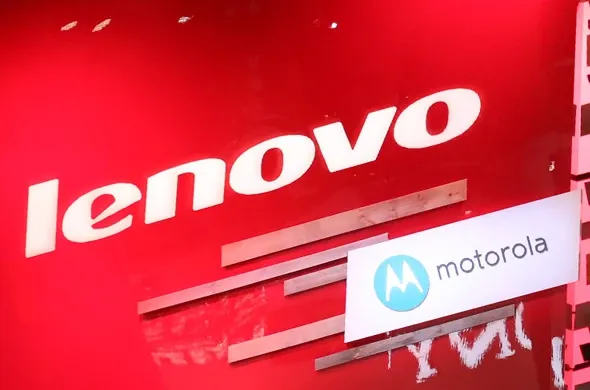Nokia Reports 20 Percent Revenue Decline in Q1
In the first quarter of 2024, Nokia had a 20% decline in net sales to €4.7 billion.

Lenovo’s mobile-phone business continues to shrink, while its PC division managed anaemic growth in the face of brutal holiday-season competition, according to Bloomberg. The world’s largest PC maker’s profit plummeted more than two thirds in the December quarter, missing analysts’ projections. Smartphone sales declined almost a quarter globally as Lenovo bled market share to rivals.
Lenovo remains the leader in a PC market struggling through a prolonged downturn as people opt for smartphones to handle everyday tasks. But it barely maintained pole position over HP as its chief rival widened its share in North America, according to research firm IDC. In mobile, Lenovo is pinning its hopes on premium phones, such as the one with augmented reality capabilities, to breathe life into the loss-making division. Yet it’s still ceding ground to rivals that’re winning users over with aggressive sales tactics.
A rise in memory chip prices pressured margins in Lenovo’s main business. Net income fell 67 percent to $98 million in the quarter that ended in December, well below the the $145.9 million average of analysts’ estimates compiled by Bloomberg. Revenue fell 6 percent to $12.2 billion, compared with estimates for $11.7 billion. The Chinese company warned its market will remain challenging because of macroeconomic uncertainty and rising component prices.
Lenovo is cutting jobs, selling assets and pushing into higher-end devices to weather shrinking demand and competition. Three years after Lenovo closed its $2.9 billion acquisition of Motorola Mobility, the smartphone business remains well behind Vivo, Oppo and Huawei in terms of market share. Its mobile business turned in an operating loss of $112 million after sales slid 23 percent to $2.2 billion. Worldwide smartphone shipments dived 26 percent as its market share slipped to 3.5 percent, the company said.
Lenovo’s PC business, still 70 percent of its revenue, managed growth in the quarter, as both revenue and shipments edged 2 percent higher. The company is now negotiating a deal to tie up with Japan’s Fujitsu and shore up its position, an imperative given the smartphone business it bought with Motorola remains unprofitable. The data center unit, built up around the 2014 acquisition of IBM’s low-end server business, didn’t fare as well. Revenue there slid 20 percent to $1.1 billion.